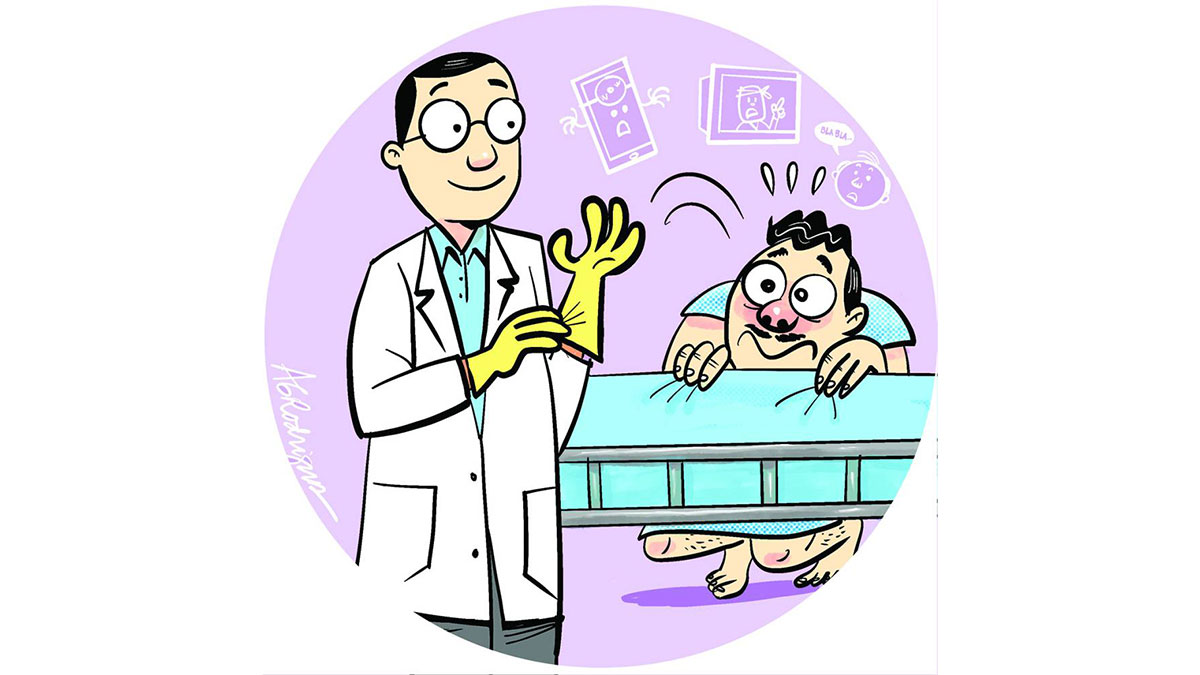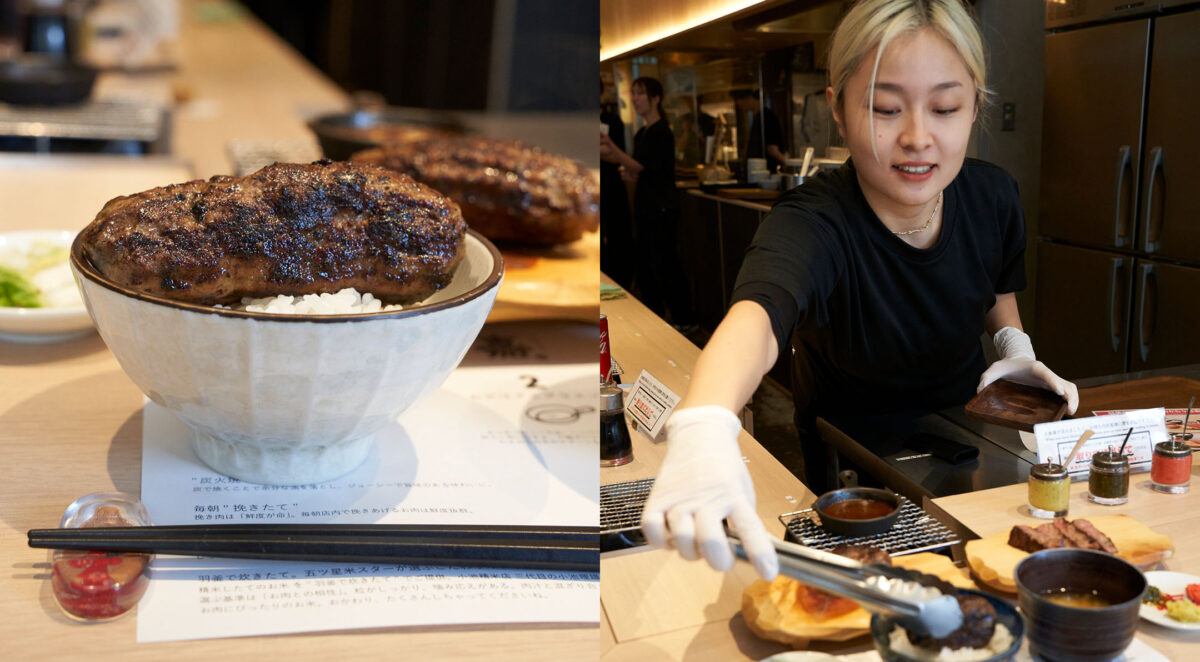
A patient who read our column last week on the health hazards of heavily processed foods told us that indulging in these unhealthy foods is a form of addiction akin to cigarette smoking. She cites her brother, who knows very well that eating instant meals and canned foods almost daily is unhealthy; yet, he seems to be helpless in changing this part of his unhealthy lifestyle.
For such patients, we should offer less harmful alternatives, just like we recommend less harmful alternative tobacco products to recalcitrant smokers, or diet soda to those who really can’t avoid drinking them daily with their meals.
As we advised last week, one should check the labels—a less harmful alternative would be processed foods that contain less than 300 milligrams of sodium chloride (also called monosodium glutamate or disodium phosphate) for every 100 grams of food serving. It’s never too late to avoid eating heavily processed foods, which should have never been allowed for public consumption in the first place.
As Dr. Max Sidorov and his colleagues on the International Council for Truth in Medicine (ICTM) emphasized, modern man is eating a lot of heavily processed foods which he wasn’t meant to eat. Our body systems were intended to digest natural and raw foods.
Natural and raw
“The more natural and raw food you eat, the faster and easier you will lower your risk of countless diseases and regain your health,” he writes in his e-book on healthy nutrition. He calls these unhealthy foods “processed garbage food.”
So, every time we eat instant meals high in sodium and trans fats, we’re eating garbage, which is probably worse than eating pagpag food or leftovers, which the indigent sectors of our society collect from garbage bags coming from fast-food eateries. These people have no choice, and eating leftovers from garbage bins is better than starving to death. But many of us have a choice which foods to buy to nourish us in a healthy manner, and not to cause disease on the long term.
Aside from fruits, vegetables, nuts and sprouted grains, Dr. Sidorov’s group includes in their list of superfoods raw unpasteurized milk, raw butter, spinach, spirulina and coconut oil.
Why raw milk? He cites studies showing that the pasteurization of milk, which is intended to kill bacterial contaminants in the raw milk, also kills the beneficial bacteria called probiotics, and eliminates most if not all of the vitamins, minerals and nutrients present in raw milk. Heating also denatures the proteins in milk, which has been implicated in some medical problems. There are now goat farms in the country which follow strict precautions in collecting their milk so they can be safe for drinking even without pasteurization.
For Dr. Sidorov, the golden rule is to eat and drink everything raw as much as possible. Processed foods should be totally avoided, and consumers should only eat natural, whole, nutrient dense alternatives. But in a real-world scenario, this is easier said than done, so we’d like to offer the compromise solution of eating occasionally less processed foods with the minimum of sodium, sugar and trans-fat content.
Dilemma and compromise
Dr. Sidorov also recognizes this dilemma. So he advises a compromise: “If you have a craving for some junk, always give yourself an alternative and allow the gradual change to take effect. Take healthy snacks with you, make your own lunch and get rid of all the temptations at home—throw away or donate all the junk food you have at home! And if you go to restaurants, find some local vegetarian ones, and taste for yourself how delicious and filling the meals can be.”
Making the shift is really a big challenge, but one just has to make the decision, just like the decision to quit smoking for good. If one is not really strongly motivated to do it, one will likely backslide at the slightest temptation.
For the first step, he suggests we take a big garbage bag, open our fridge and pantry, and discard all the foods that are making us unhealthy and unwell without our realizing so. Cookies? Cakes? Pastries? Chips? Chocolate bars? Frozen dinners? All these things should go in the garbage bag, says Dr. Sidorov. Well, you don’t have to throw them. You can perhaps donate them to homeless people who have nothing to eat. Junk food is certainly better than no food.
Next in the list of foods to avoid are slimming shakes or protein shakes that are loaded with sugars, flavor enhancers, high fructose corn syrup and hydrogenated oils. Some protein or energy bars also contain refined sugars, starches, filling but poorly digestible soy protein, mucous-causing whey protein, artificial flavors and preservatives. Some are marketed as high-fiber protein bars, but they’re really devoid of any beneficial fiber.
Supposedly healthy low-calorie or sugar-free foods and drinks can also be deceiving. Soft drinks, including diet soda, are loaded with either sugars or artificial sweeteners which can have long-term side effects. He cites data suggesting that some artificial sweeteners simulate and/or promote the release of excitatory neurotransmitters in the brain.
Neurological disorders
“Neurotransmitters are amino acids or proteins, and when normal neurotransmitters such as aspartate and glutamate cross this barrier in excess, such as when one drinks or eats anything with these artificial sweeteners, they will cause poisoning and lead to the death of the nerve cells within the brain and spinal cord. This is because the blood-brain barrier cannot discern the amount that is needed from too much, leading to various neurological disorders,” he explains.
This may not be an issue if one only takes an occasional glass of diet soda, but if one gulps two liters of diet soft drinks daily, substituting them for water, then this can really be a potentially serious problem.
Dr. Sidorov and his colleagues at the ICTM also do not recommend refined vegetable oils like canola, corn, soybean, sunflower or safflower. They may also cause some inflammatory response or gradual swelling of the linings of the arteries that can subsequently lead to heart disease and other problems.
How about the regular or whole grain cereals we eat for breakfast, which are supposed to be healthy breakfast meals? Not quite so, writes Dr. Sidorov. They are “sugar bombs filled with inflammatory oils, colors and artificial flavors leading to fat loss sabotage and disease.”
So what else can we eat and drink? We just have to go back to the golden rule—“Eat as much raw food and as little animal food as possible.” If the food is plant-based or tree-derived, it must be good for our body, especially when eaten as raw as possible.
“As long as you eat more raw fruits and veggies, be they organic or nonorganic, you will have better health,” assures Dr. Sidorov.













































